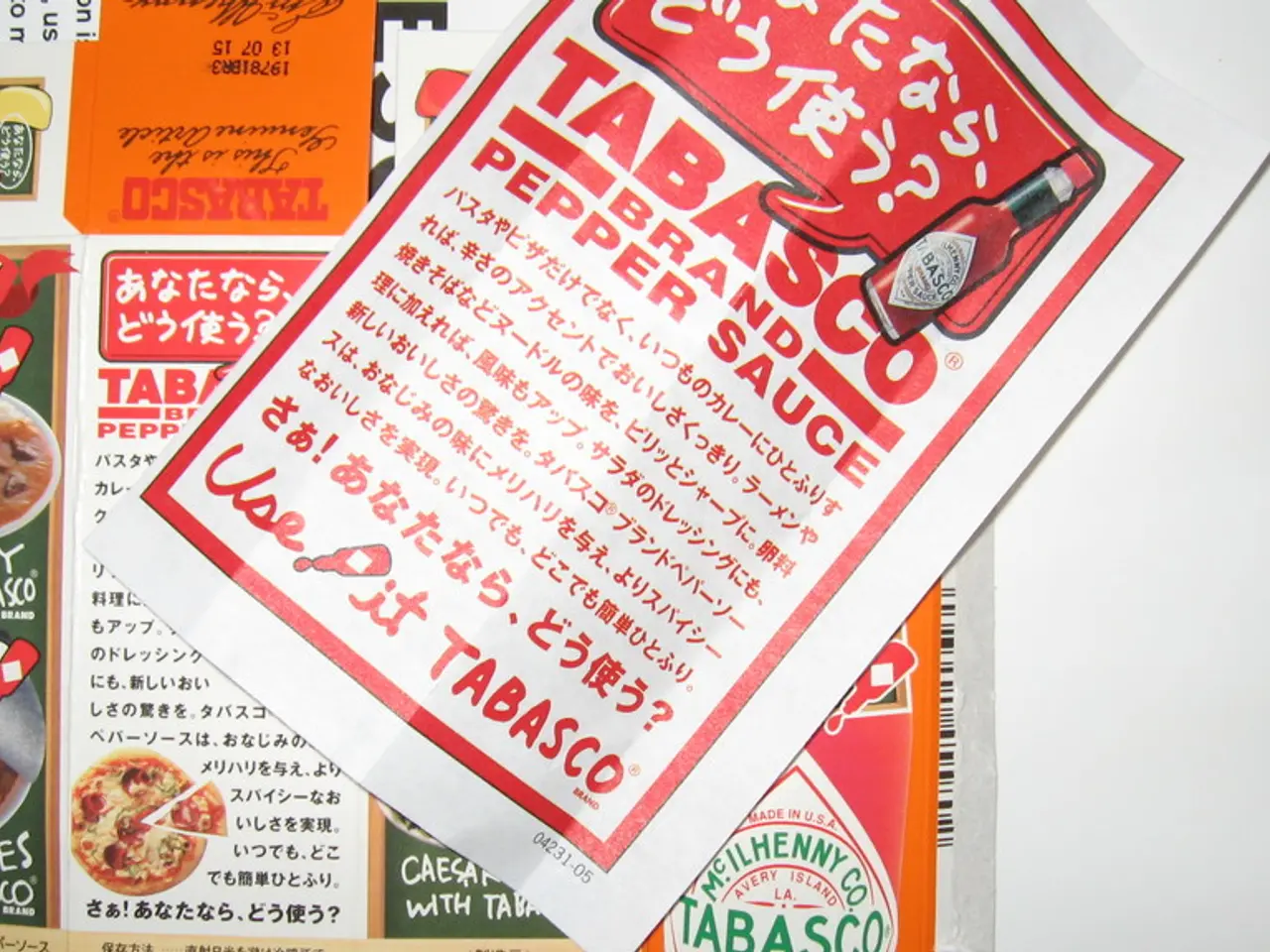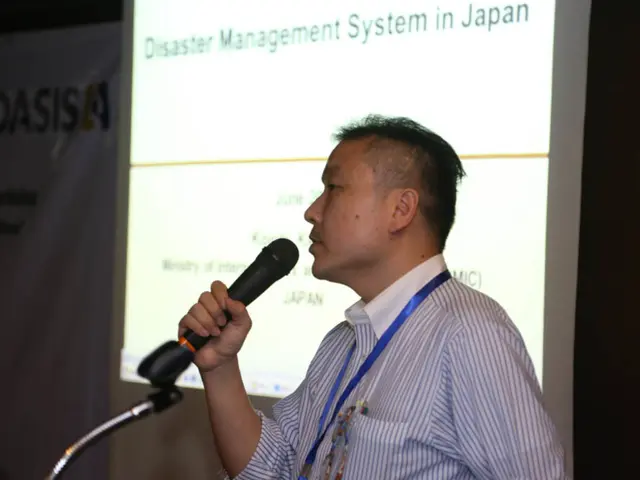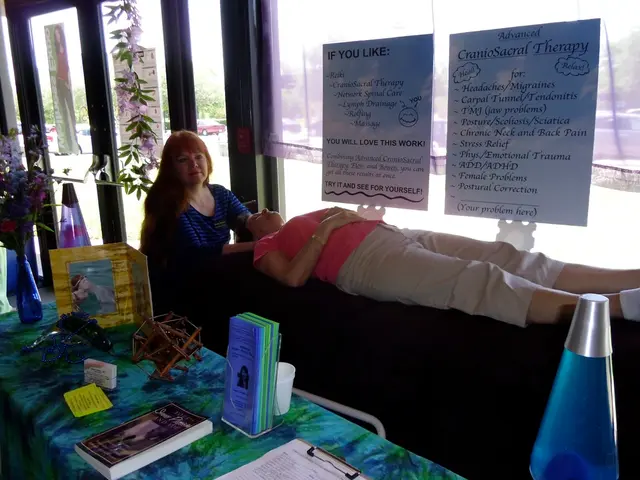Unjustified medical advertisement dispute settled: Supreme Court concludes proceedings, permits AYUSH advertisements without government endorsement by states
Supreme Court Lifts Stay on Deletion of Rule 170, Allowing Advertisements for Traditional Medicines
In a landmark decision, the Supreme Court of India has upheld the government's decision to abolish Rule 170 of the Drugs and Cosmetics Rules, 1945. This rule, which mandated pre-approval by state licensing authorities before advertising Ayurvedic, Siddha, or Unani medicines, has been officially deleted by the Ministry of Ayurveda, Yoga & Naturopathy, Unani, Siddha, and Homoeopathy (AYUSH) through a notification dated July 1, 2024.
The initial relief sought in a writ petition filed by the Indian Medical Association against Patanjali Ayurveda over misleading ads was achieved when the Supreme Court imposed a temporary stay on the deletion of Rule 170 in August 2024. However, in August 2025, the Court vacated that stay and dismissed the IMA’s plea, upholding the deletion and allowing AYUSH advertisements without prior state approval.
The Court observed that it cannot legislate or revive a rule once the Centre has deleted it and noted that relevant concerns about misleading advertisements are covered under existing statutory and self-regulatory frameworks, such as the Drugs & Magic Remedies (Objectionable Advertisements) Act, 1954.
The case initially focused on Patanjali's misleading ads, the failure of regulatory authorities to act against Patanjali, and the corrective steps to be taken by Patanjali and its promoters. Solicitor General Tushar Mehta stated that there is already a robust legal and self-regulatory framework prohibiting false or exaggerated medical claims, making Rule 170 unnecessary.
During the hearing, Senior Advocate Shadan Farasat argued that omitting Rule 170 essentially brought ayurvedic medicines in line with allopathy. The Court's attention was also drawn to several larger issues, including misleading advertisements by other consumer goods suppliers and unethical practices in modern medicine.
However, the Court noted that various orders passed during the pendency of the case have achieved the prayers of the writ petition and they no longer require further consideration. The Court allowed liberty to the parties to approach the High Court if they have any problems with the omission of Rule 170.
Justice Nagarathna stated that the initial reliefs sought in the writ petition have been achieved, and the Court disposed of the writ petition. Justice Viswanathan expressed concern about States implementing a rule that has already been omitted by the Centre. The Court's order stated that the interim order dated 27.8.24 stands vacated.
The Court bench of Justices Hima Kohli and Sandeep Mehta imposed a stay on the deletion of rule 170 in August 2024. Advocate Pranav Sachdeva batted for maintaining the status quo with respect to the August 2024 stay granted by the Court. The Court pointed out that banning the advertisement of AYUSH drugs would result in an unfair trade practice if manufacturing of such drugs is allowed.
As of August 2025, advertisements for Ayurvedic, Siddha, and Unani medicines do not require pre-approval from state authorities under Rule 170. However, such advertisements remain subject to general laws against false and misleading claims. The Court's decision marks a significant step towards the liberalisation of the traditional medicine industry in India.
[1] The Hindu, "Supreme Court lifts stay on deletion of Rule 170 for Ayurvedic, Siddha, Unani medicines", August 2025.
[2] Live Law, "Supreme Court dismisses IMA's plea against Patanjali Ayurveda, upholds deletion of Rule 170", August 2025.
[3] Bar and Bench, "Supreme Court lifts stay on deletion of Rule 170 for Ayurvedic, Siddha, Unani medicines", August 2025.
[4] India Today, "Supreme Court dismisses IMA's plea against Patanjali Ayurveda, upholds deletion of Rule 170", August 2025.
[5] The Indian Express, "Supreme Court lifts stay on deletion of Rule 170 for Ayurvedic, Siddha, Unani medicines", August 2025.
- The Supreme Court's decision to lift the stay on the deletion of Rule 170 is a significant policy-and-legislation change in health-and-wellness sector, specifically affecting the advertising of Ayurvedic, Siddha, and Unani medicines.
- The Court's ruling on the dismissal of IMA's plea against Patanjali Ayurveda and the upholding of the deletion of Rule 170 is a politically-charged issue related to medical-conditions, with implications for the general-news landscape in India.
- The liberalization of traditional medicine industry in India, as a result of the Supreme Court's decision to lift the stay on the deletion of Rule 170, may have far-reaching effects on both the science of traditional medicine and the broader policy-and-legislation landscape in the field of health-and-wellness.




